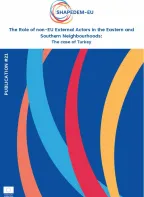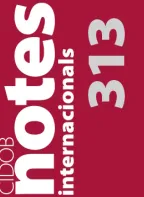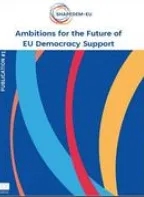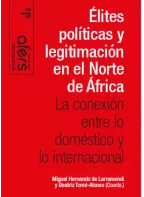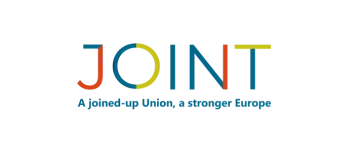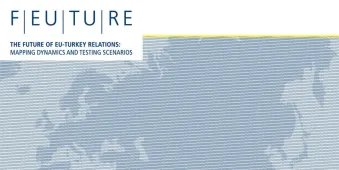Eduard Soler i Lecha

Associate Senior Researcher
Eduard Soler i Lecha is an Associate Professor in International Relations at the Autonomous University of Barcelona and Associate Senior Researcher at CIDOB (Barcelona Centre for International Affairs). He holds a PhD in International Relations and Graduate in Political Science. His main areas of expertise are geopolitics, foresight, foreign policy, Turkey and the Middle East and North Africa region. He has a long experience participating and leading collaborative research and training projects such as MENARA, a CIDOB led H2020 project on geopolitics of the Middle East and North Africa that involved 14 partners and around 50 researchers; and El Hiwar (2013-2022), a Euro-Arab diplomacy training project implemented by the College of Europe (Bruges). In 2010 he was seconded as an advisor in the Mediterranean Unit of the Spanish Ministry of Foreign Affairs and was actively involved in the preparation and implementation of Mediterranean initiatives under the rotating presidency of the Council of the EU. He is also an adjunct professor at IBEI and the Open University of Catalonia (UOC), teaching on Mediterranean and Middle East international relations, among other issues. He is a member of the Observatory of European Foreign Policy and is part the international advisory boards of Mediterranean Politics, IEMed's Mediterranean Yearbook and the Berlin-based Institut für Europäische Politik (IEP).
